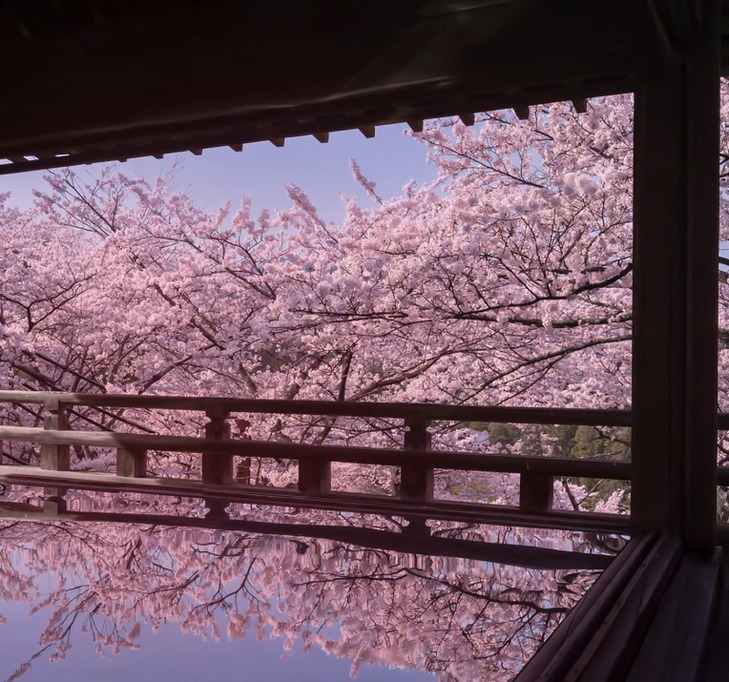
Our History
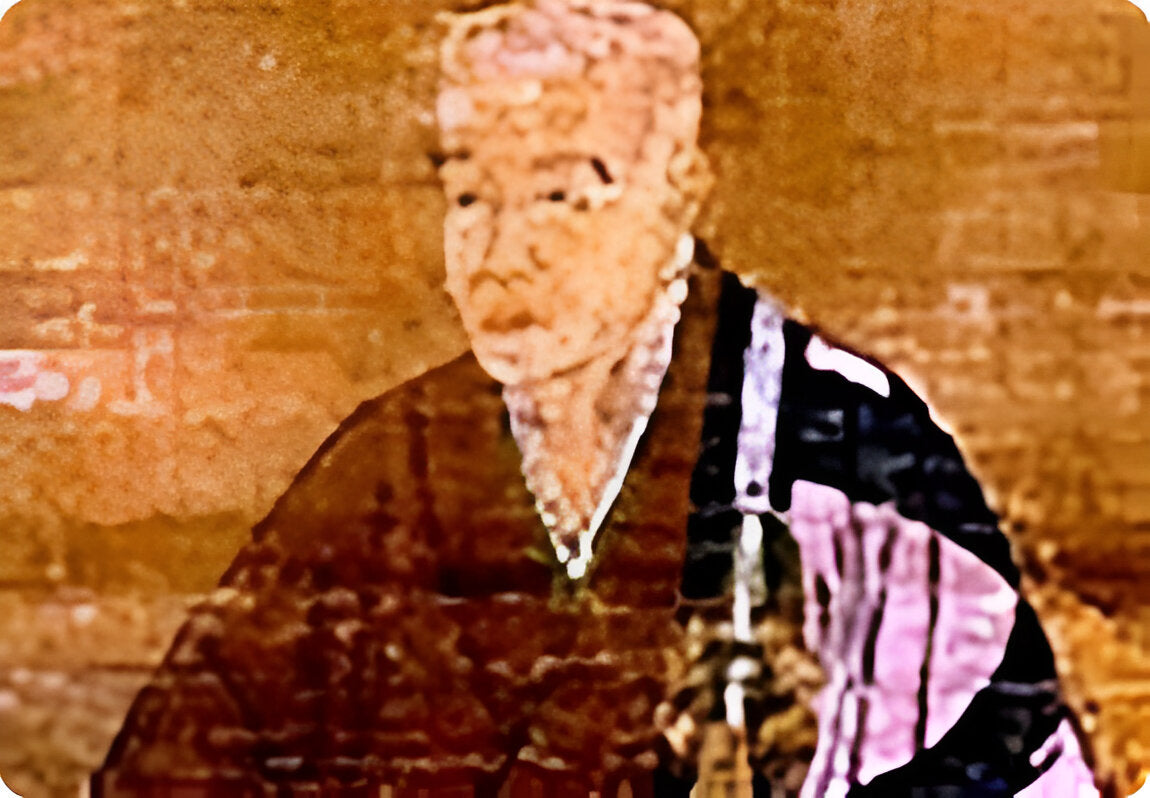
1191
The Japanese Zen Priest Eisai, famed for his widely-read book praising tea, Kissa Yōjōki (Drinking Tea for Health), brings green tea seeds from China back to Japan and begins Japan’s long history of green tea consumption and culture.
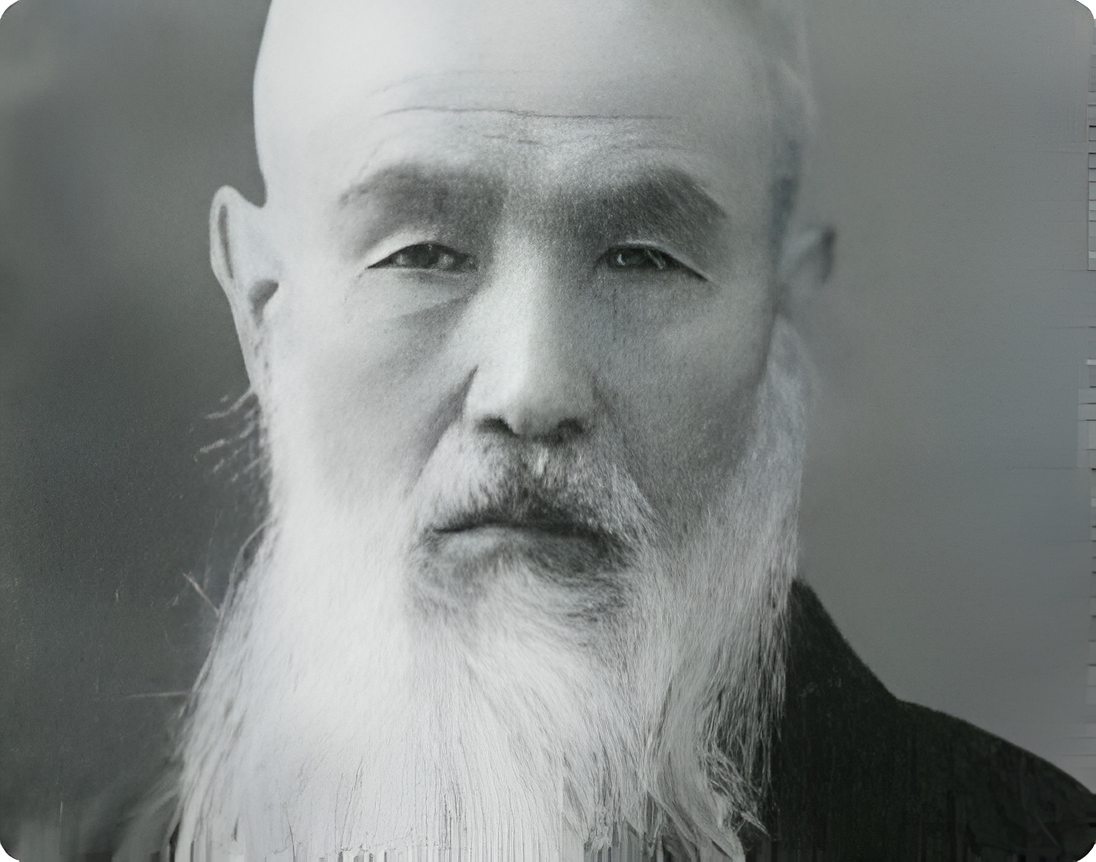
1858
Buhei Handa-san, 12th-generation Tea Master and ancestor of DōMatcha®’s Tea Master, begins the first company exporting Japanese green tea directly to other countries, after Japanese green tea is enthusiastically received at the Paris Expo.
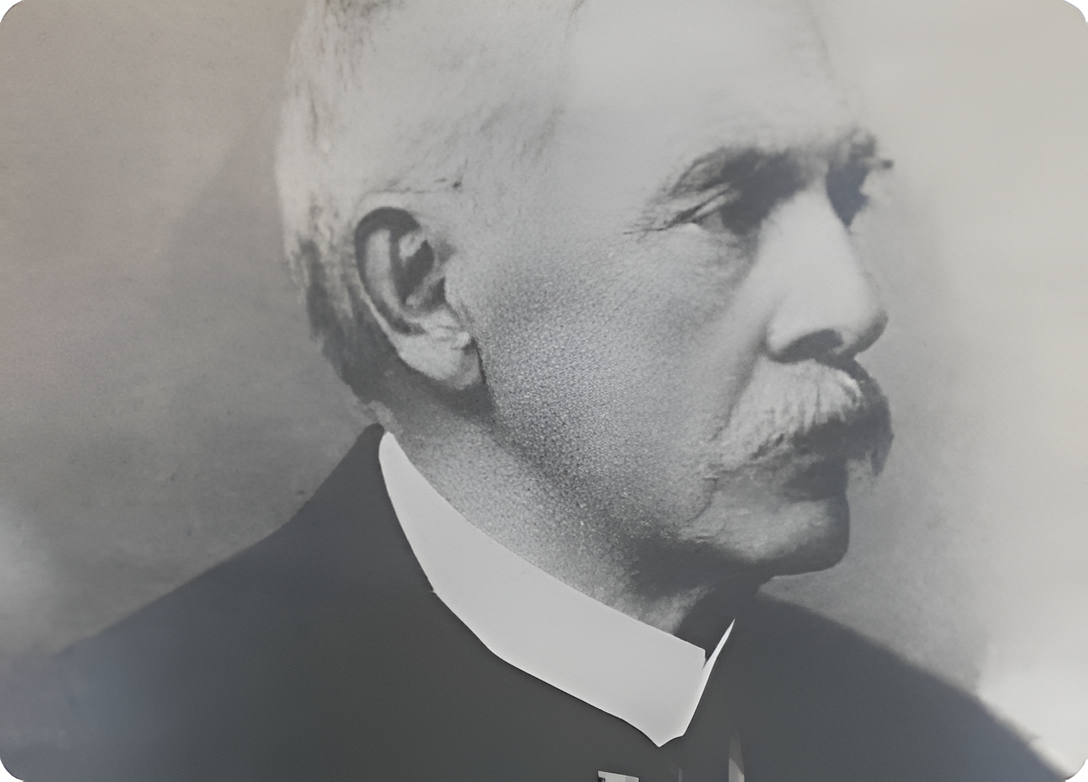
1892
Andrews & George Company Limited, a prosperous import/export business and DōMatcha®’s parent company, becomes the very first foreign trading company to establish a business in Tokyo.
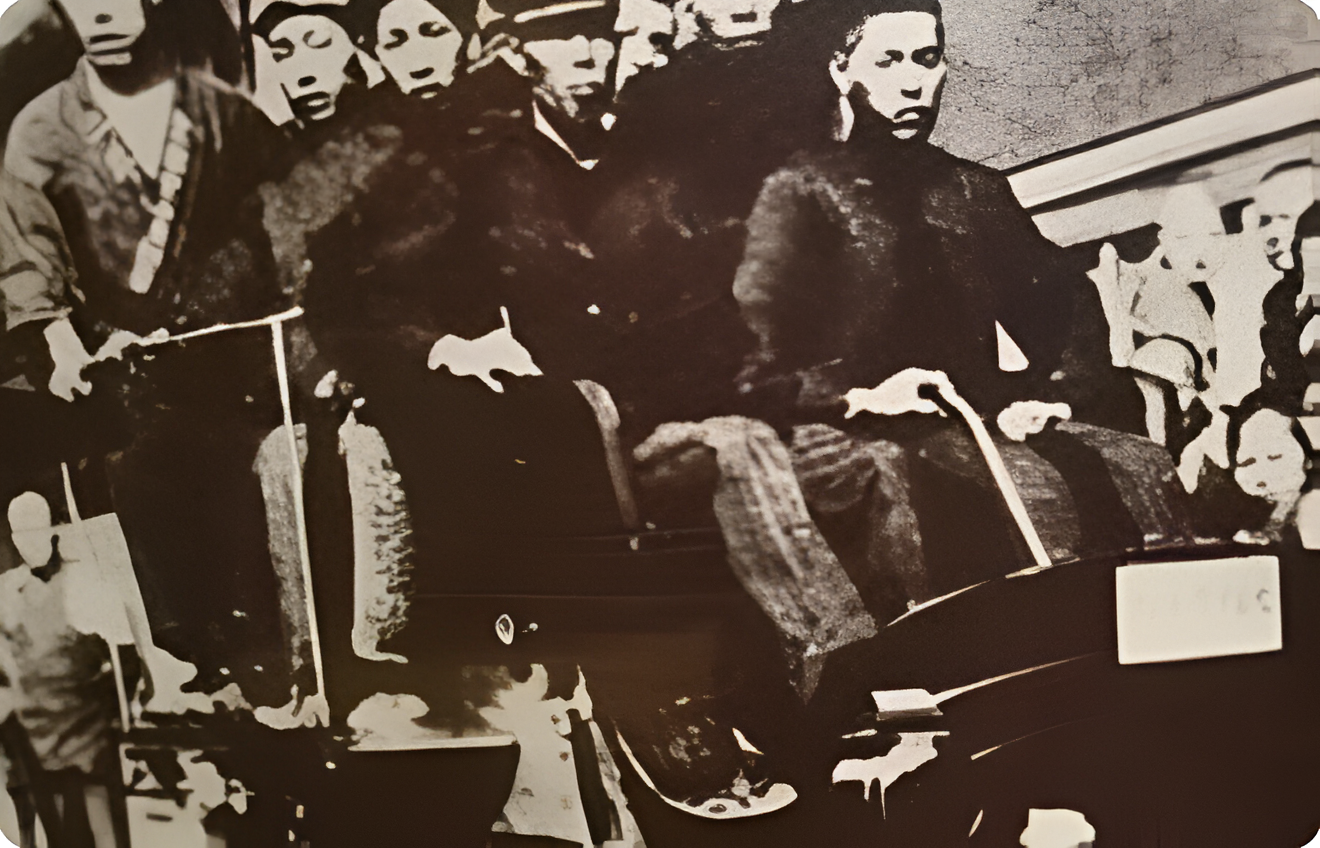
1902
Andrews & George imports the very first automobile to Japan; business is booming.
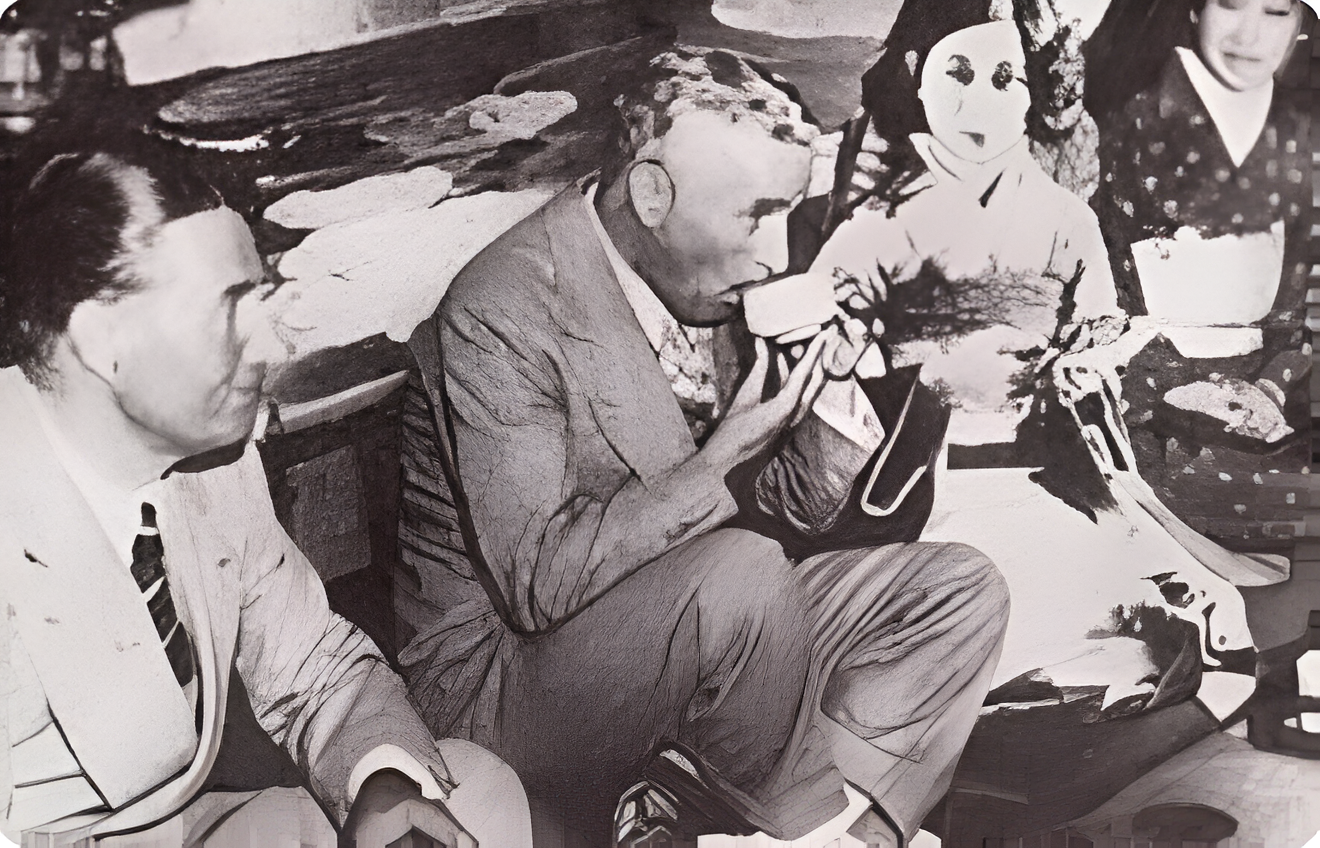
1932
Kinroku Handa-san hosts Charlie Chaplin and his brother Sydney with a traditional tea ceremony during a tour the famous actor took in Japan.
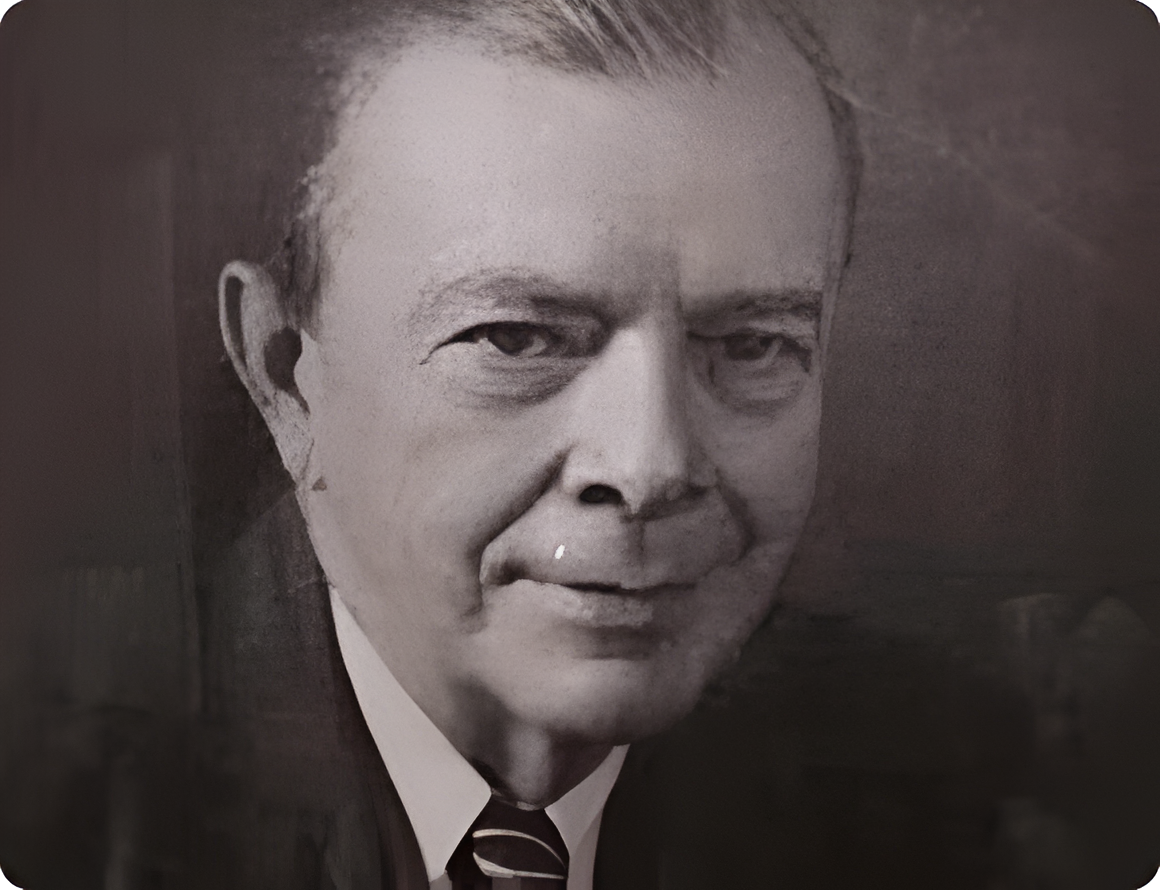
1939
Richard Andrews, grandfather to DōMatcha® founder John Harrison, must leave Japan before World War II.
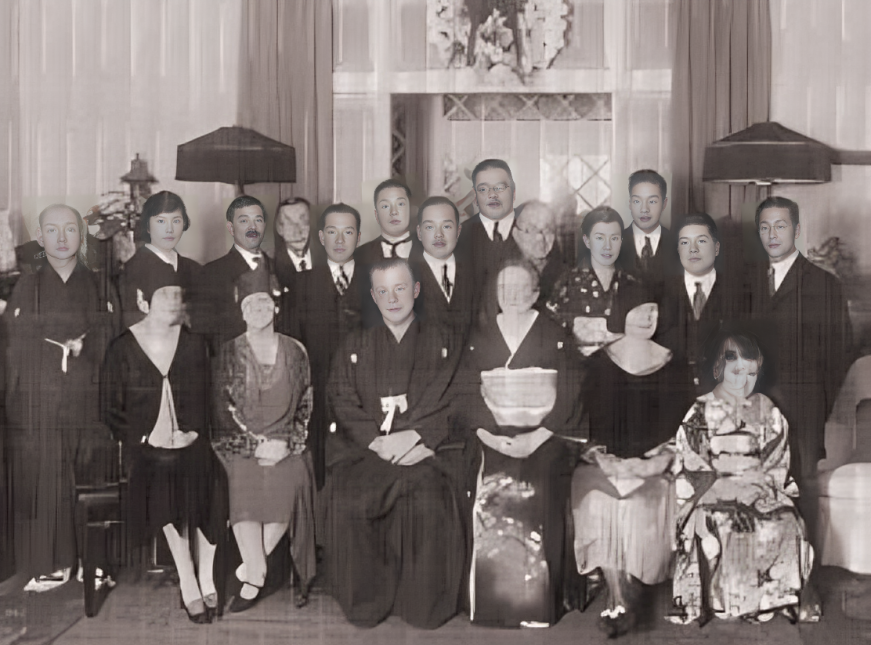
1946
Richard Andrews returns to Tokyo to find the city completely devastated by war. In the distance, he sees a lone building still standing: Andrews & George. The Japanese staff had protected the business from the fire raging through the city by putting wet rice burlap bags on the building. When Richard Andrews reunites with his staff, they return the keys to the building to him.
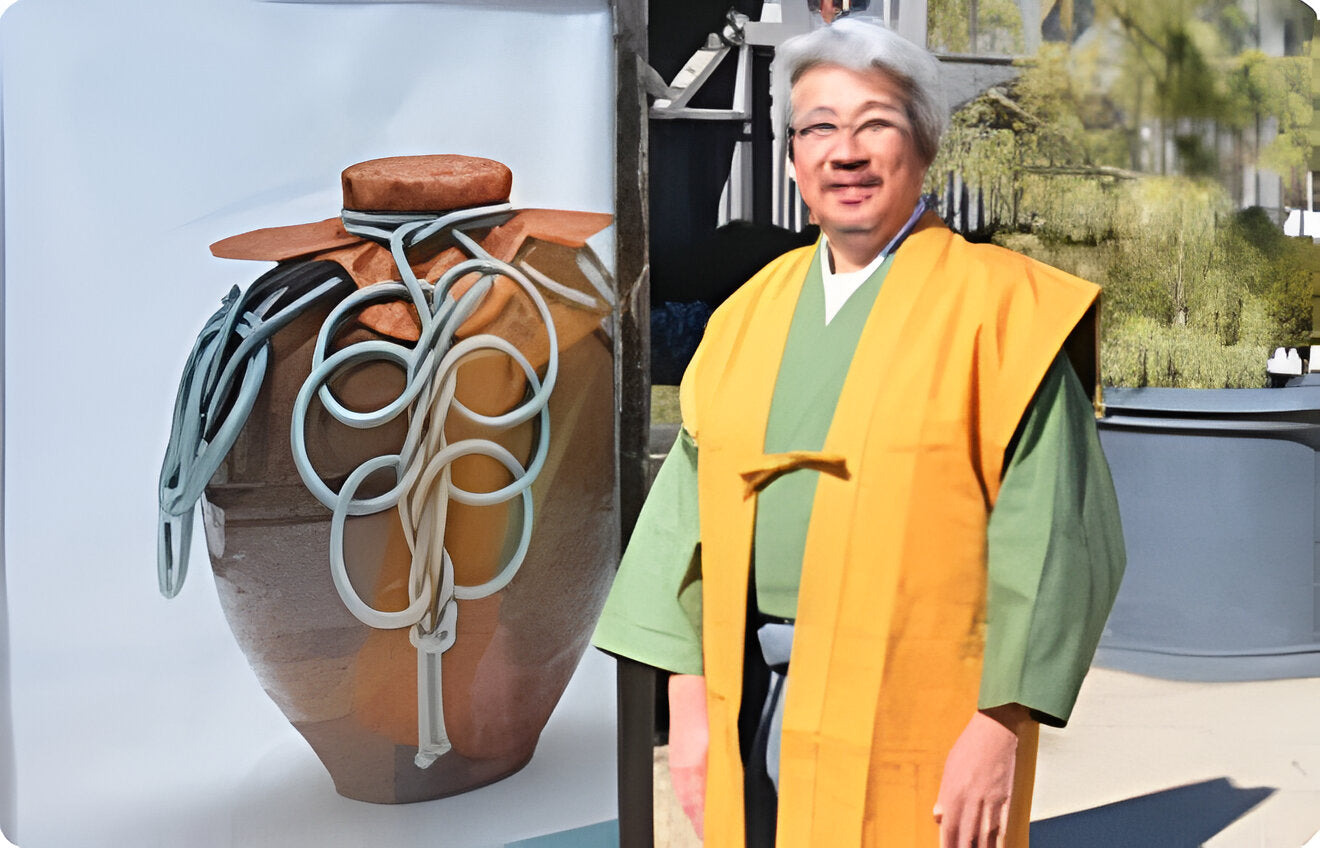
2005
Founder John Harrison, who grew up in Japan, returns to Japan looking for a business venture. He meets the Handa clan and partners with Kazunori Handa-san, 16th-generation Tea Master, as well Shohokuen, one of Japan’s oldest and most respected matcha producers, to develop an amazing, high-quality matcha for international sales.
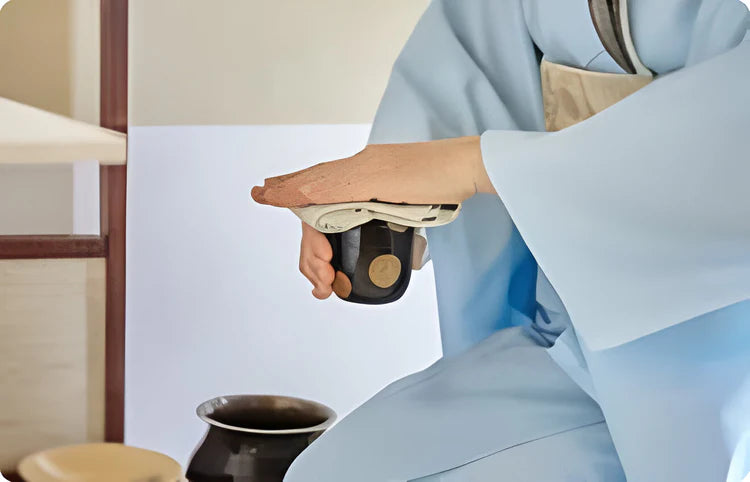
2007
Outside of Japan, matcha is an obscure product. The DōMatcha® brand is developed honouring its Japanese roots with its name a reference to Sadō, “the Way of Tea.”
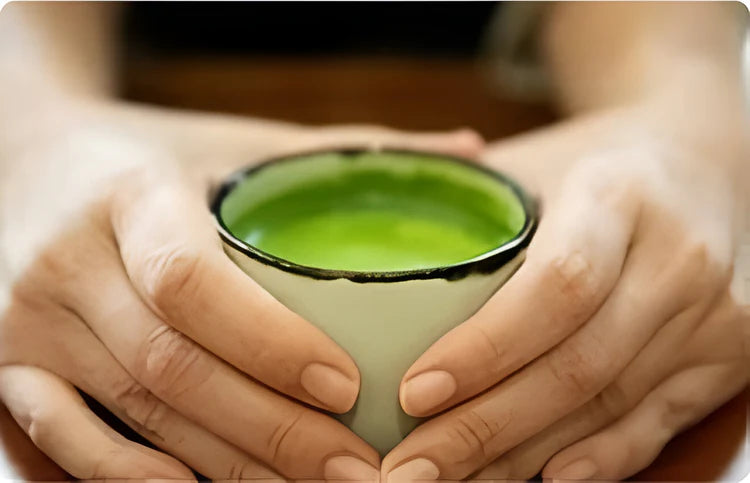
2016
DōMatcha® introduces the world’s first decaf matcha outside of Japan, created using a proprietary water processing method. Master’s Decaf matcha has the same tiny amount of caffeine as decaf coffee, and still retains the nutritional benefits of regular matcha.